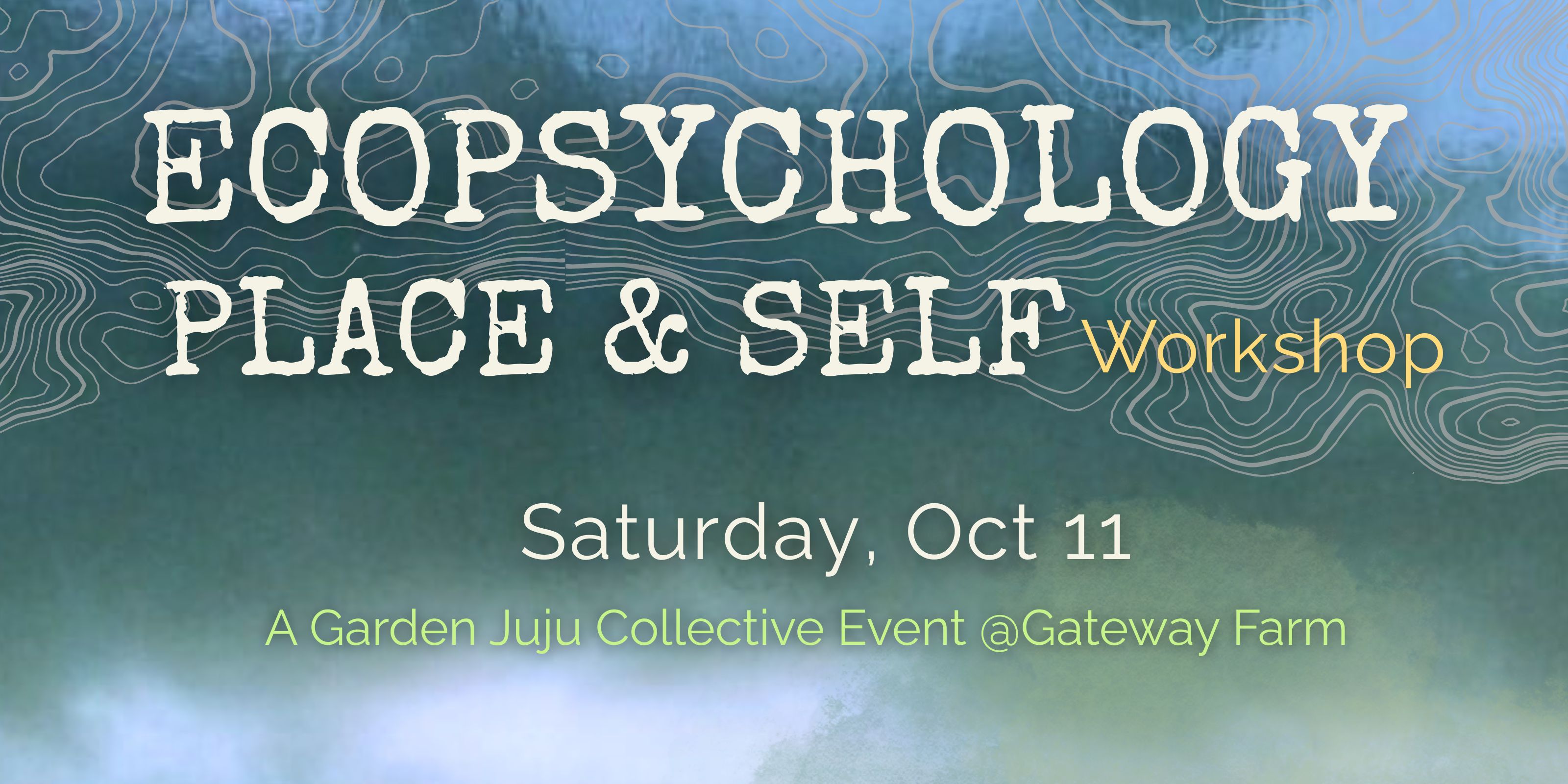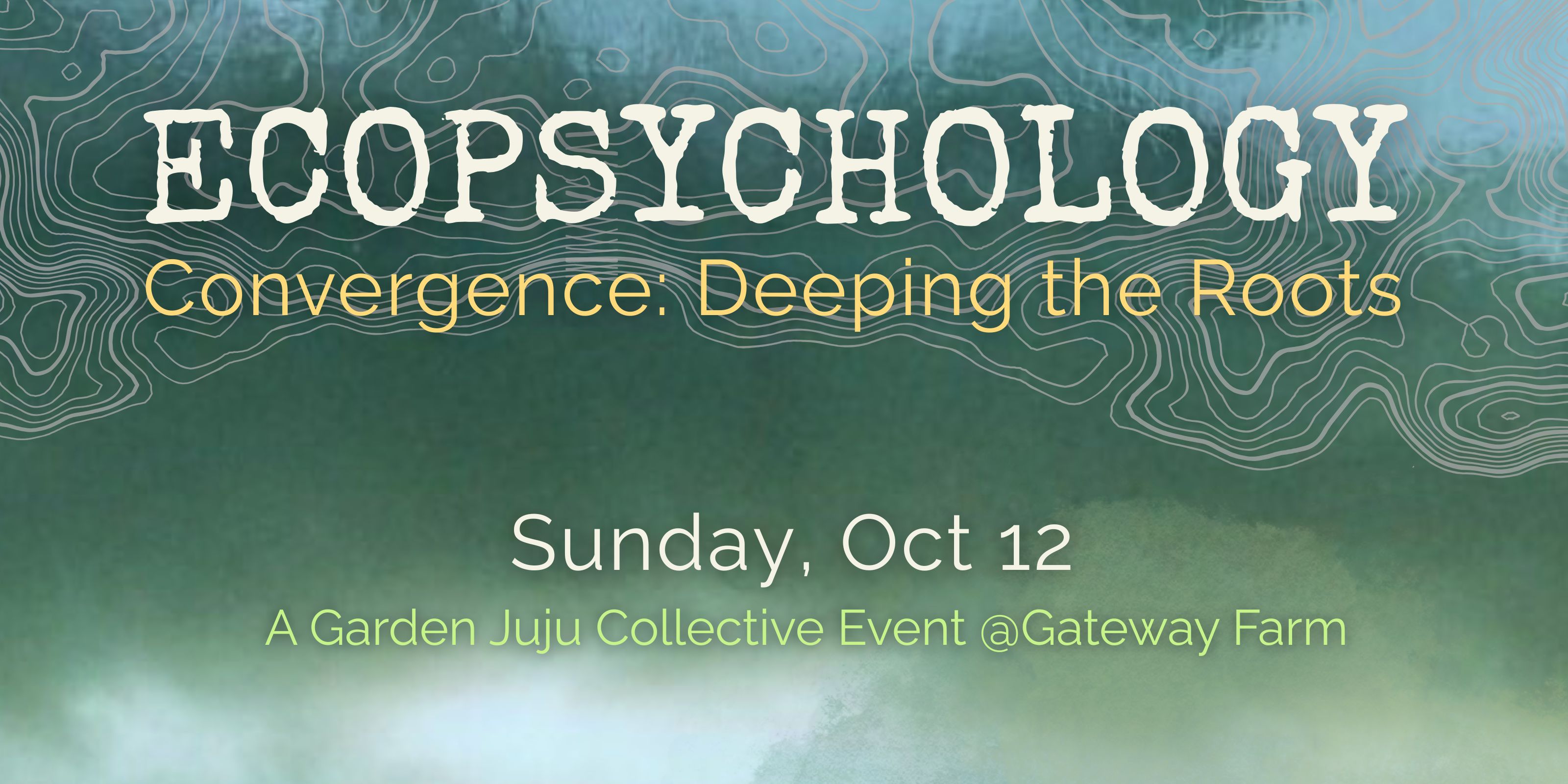Sanctuary and Ecopsychology
Jul 19, 2025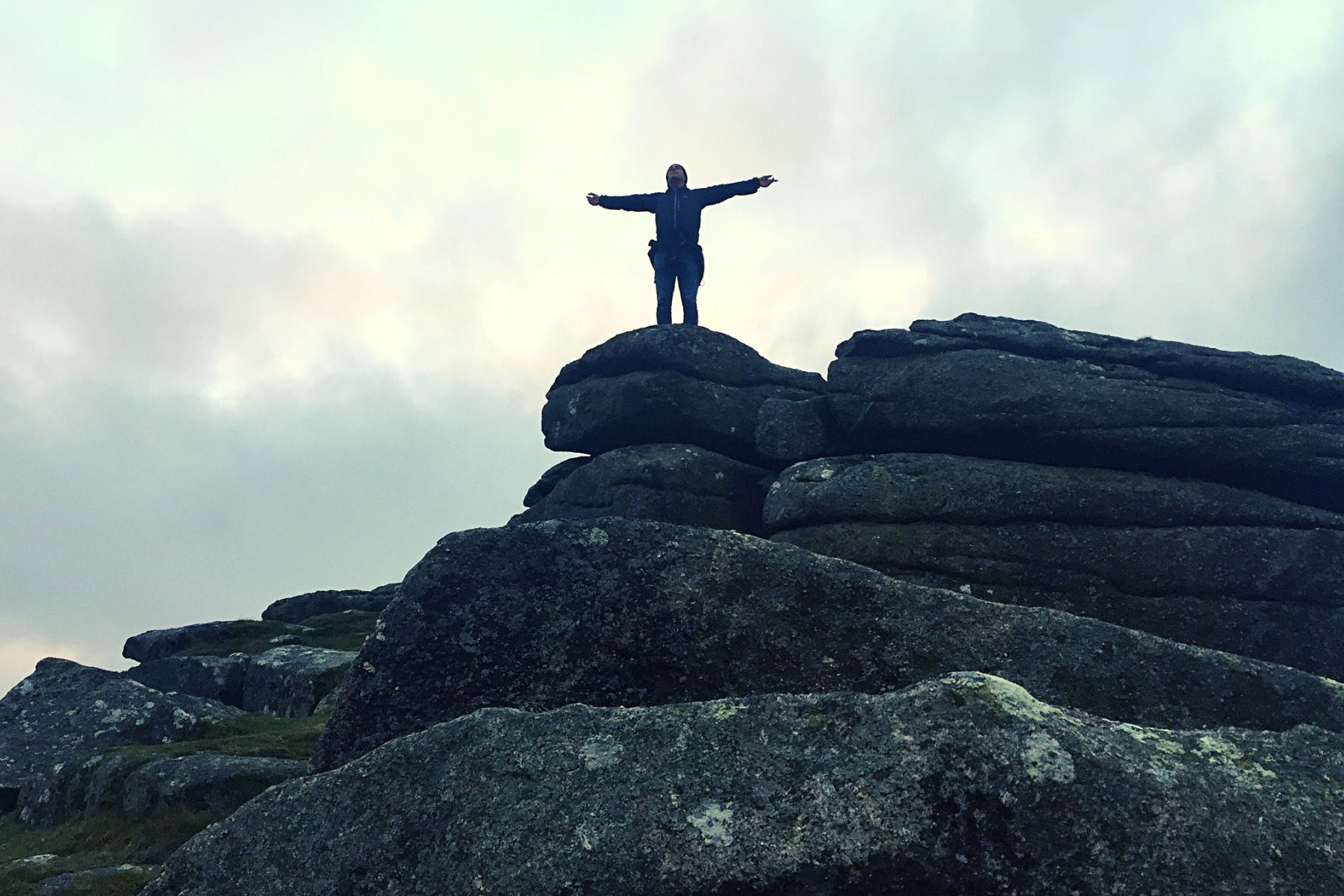
Yes, there's such a thing as Ecopsychology!
Just as we have relearnt to be ecological beings (existing in a web of relationships to plants, animals, environment, and energy flow)...we can also remember and relearn that we are just as equally ecopsychological beings.
Ecopsychology is a field of study, a therapeutic technique and a set of ideas that studies and works toward healing the interrelationship between humans and nature. Essentially the re-illumination, re-acknowledging and re-inhabiting relationships with the more-than-human.
It all revolves around the quality of our relationships with the rest of life, the more-than-human...trees, animals, rivers, community, planet, and stories & representations of these. And how this can re-enchant how we design our lives. Our sense of place in this world and our eco-psychological relationships with everything are our most fundamental needs. These deepest relationships are bound with identity, belonging, and purpose in the world. And yet people doubt there’s such a thing as ‘ecopsychology’.
There certainly is, though it’s not always easy. Many people in the world feel displaced or have had their relationship to the places they grew up in, or to nature in general, disrupted. We have so many relationships with the world around us. What are they? Our connections to place are often shaped by childhood, culture, and history. How can we make our world come truly alive again in our minds and hearts? How do we deal with all the ecological damages?
We can reframe our sense of self and strengthen our relationships to the natural world. When James Hillman asks, "Where does the 'me' stop? Where does the 'other' begin?", we realize there is no separation between ourselves and the universe. This relationship is essential to our well-being. As we spend more and more time indoors it's so easy to feel compartmentalised and small. In The Nature Fix, Florence Williams links our lack of psychological resilience to a separation from nature. She reminds us that not only do we need access to nature, we particularly "need longer, deeper immersions into wild spaces to recover from severe distress, to imagine our futures and to be our best civilized selves." Exploring ecopsychology contributes to our understanding of ourselves and ability to develop resilience, so important in these chaotic times.
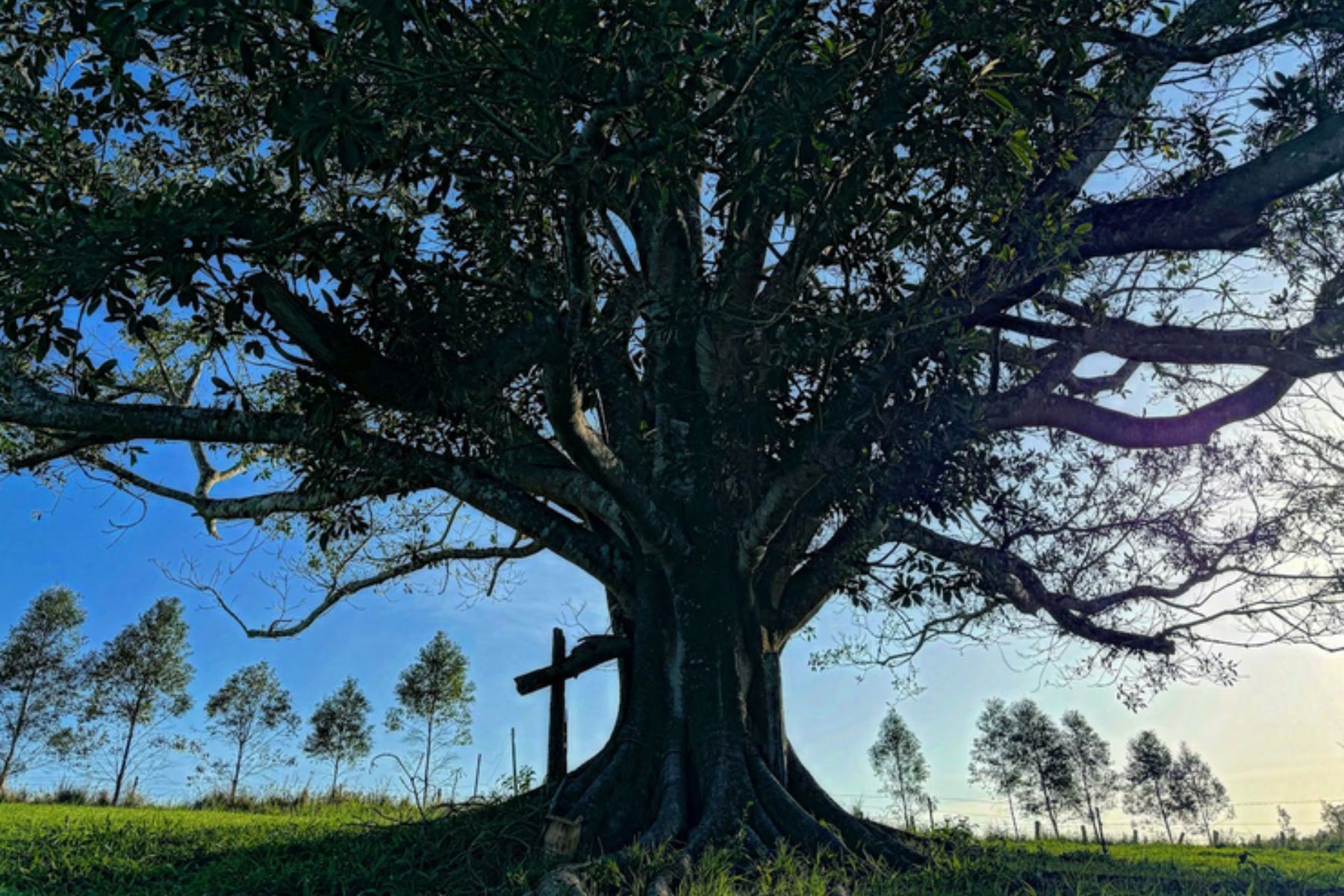
A Place for Refuge
In today's world, it seems like everyone is seeking refuge in one form or another. Whether it's through diving into work projects, engaging in social activities, binge-watching shows, indulging in new age fantasies, or various kinds of 'self-medicating'. At a deeper level, what we are searching for in this turbulent world is safety, a sense of place, and a place to flourish.
We're all searching for something that offers solace from the overwhelming chaos of modern life. We frequently retreat into our own bubbles, trying to make sense of a world that often feels fragmented, disorienting, and often harmful. The question arises: what is actually happening out there, and how can we find genuine peace amidst this turbulence?
Sanctuary, in this sense, has several definitions:
- A Place of Refuge: A sanctuary is a safe, protected space where one can find solace and escape from external stressors or dangers.
- A Source of Rejuvenation: Beyond just physical safety, a sanctuary serves as a place to recharge emotionally, mentally, and spiritually.
- A Connection to Nature: Sanctuary can imply a connection to the natural world, a place from which we can connect to all our relations, past, present, and future.
- A Place of Belonging: It can be a space where one feels understood, accepted, and at home, fostering a sense of belonging and security.
What does this have to do with Ecopsychology?
Designing sanctuary and refuge from the chaos of daily life is about plants and layout, but it's also about creating a response to our emotional needs - this is an ecopsychological approach.
Ecopsychology offers a compelling lens through which to view this quest for sanctuary. It explores the deep, often subconscious connection between our mental well-being and our relationship with the natural world. Relationships, stories, mythologies, histories: this is all tied into how we connect or do not connect with the world around us. Practices rooted in ecopsychology - such as community conservation, beach walking, swimming, or growing organic food - serve as ways to reconnect with ourselves and our environment. For some, this connection is found in natural settings; for others, it's through nurturing urban gardens, engaging with healthy communities, or even immersing in meaningful literature and thoughtfully designed spaces. Ecopsychology leads us to horticulture therapy.
Ultimately, the pursuit of sanctuary is a reflection of our collective yearning for balance, harmony, and a deeper sense of belonging in an ever-changing world. Ecopsychology is for everyone. The more we understand it, the more we can recognise and design our relationships to the places we inhabit.
Tips for how anyone can use Ecopsychology in their life:
- You have the power to co-make places!
- Inhabit and play with places, the land, walk, sing song lines, pay respects
- Listen to places, feel the miraculous strength and providence of interwoven life systems
- Care, be skilled, make zones of care, make places healthy
- Break out of your colonisation - especially the elusive and pernicious 'Cartesian Split'
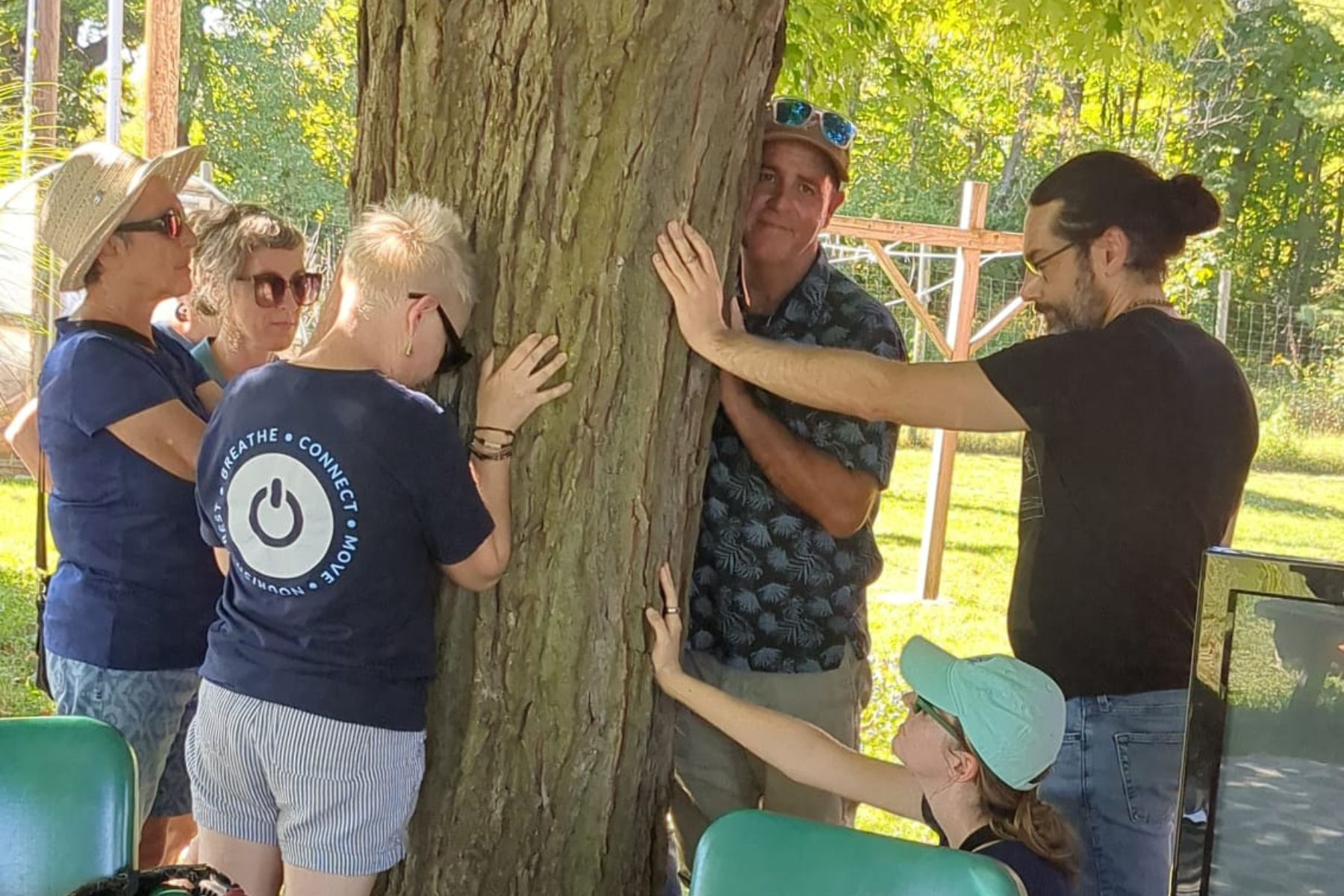
Under the Sacred Tree
At our 2024 Inaugural Ecopsychology Convergence, participants and presenters assembled under a sacred Maple tree, collectively reflected, and made the following call to action:
- That we recognise the most fundamental nature of our felt relationships with places, ecosystems, planet Earth and life as a whole.
- That we recognise that distressed and denied ecopsychological relationships are a major contributor to the current mental health crisis & the epidemic of loneliness through much of the world.
- That we recognize that brutal colonial arrangements deny fundamental living rights to the majority of people in the world and the vast majority of living beings.
- That there is an imminent power and liberation, almost beyond words, and maybe our imaginations, when we reconnect intimately with our living, breathing, self-making miraculous home - Earth in these universe(s).
Expand Your Awareness
This year, we are once again holding an in-person workshop and convergence at Gateway Farm in Plymouth, MI, USA, with an online course coming soon.
Ecopsychology, Place & Self Workshop
Saturday, October 11, 2025 - Plymouth, MI, USA
This powerful workshop helps us illuminate, explore and re-enchant our relationships with our felt living world. Supporting, challenging and empowering you, this workshop provides tools and skills (including place making exercises), ideas and language and step-by-step plans for change. All of this is located within a body of literature and supported by an essential design tool. Participants will emerge from this workshop with an understanding of ecopsychology and their vital sense of place in this changing world.
Click here to register for the Workshop.
Second Annual Ecopsychology Convergence
Sunday, October 12, 2025 - Plymouth, MI, USA
Look forward to speakers & panelists, workshops, world cafe style conversations, emergent discussions and tree planting. Ecopsychology is bound with sense of place, place literature, ecology, Indigenous and Cultural studies, from literature and beautiful ideas to how we practically live our everyday lives. Join us for this most fundamental and exciting event. Expect to be challenged, reassured, stimulated, re-enchanted and more.
Click here to register for the Convergence.
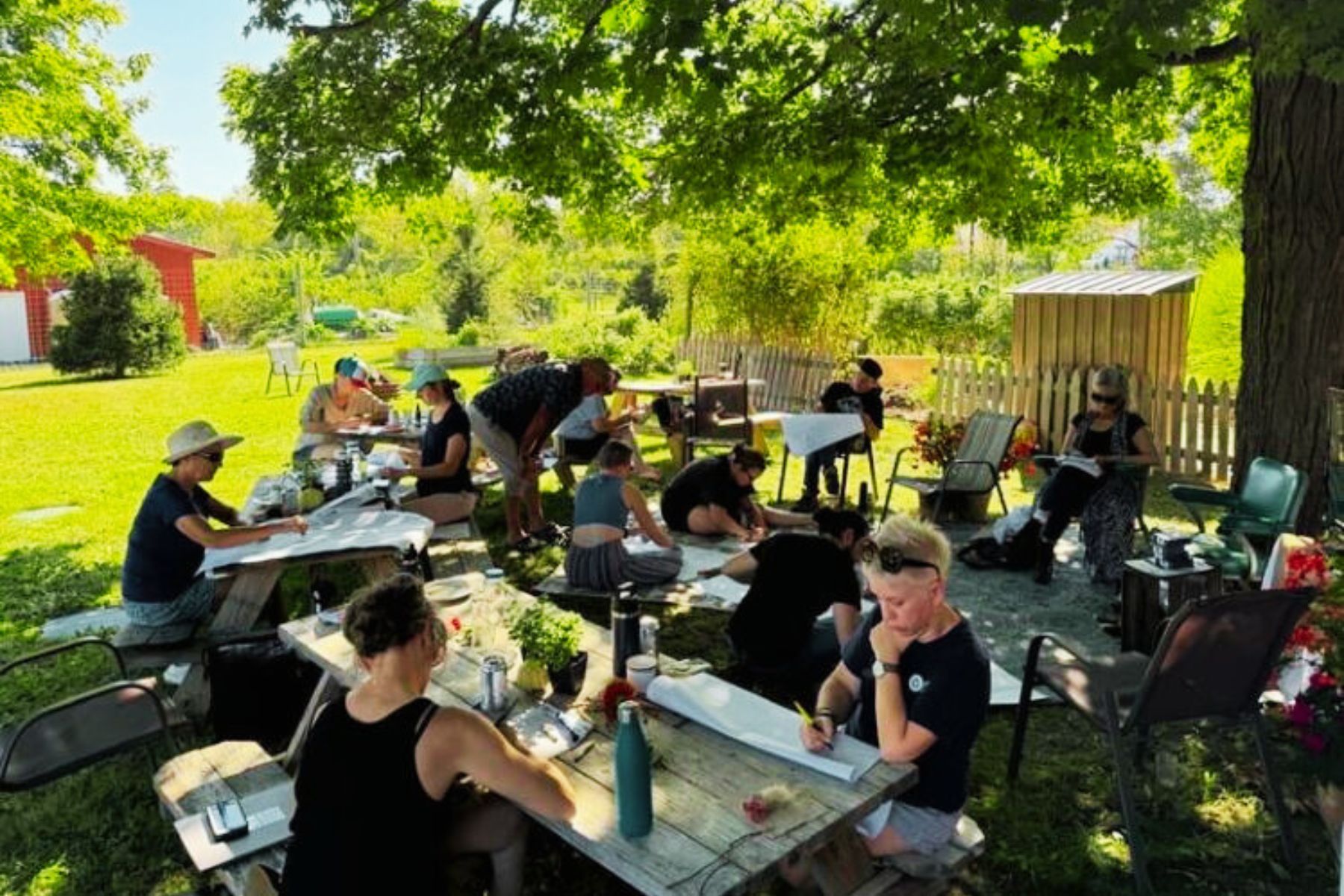
Further Reading:
Hillman, James (1995). "A Psyche the Size of the Earth."
Roszak, Theodore (1995). Ecopsychology: Restoring the Earth, Healing the Mind.
Turner, Toko-pa (2017). Belonging: Remembering Ourselves Home.
Williams, Florence (2017) The Nature Fix: Why Nature Makes Us Happier, Healthier, and More Creative.

